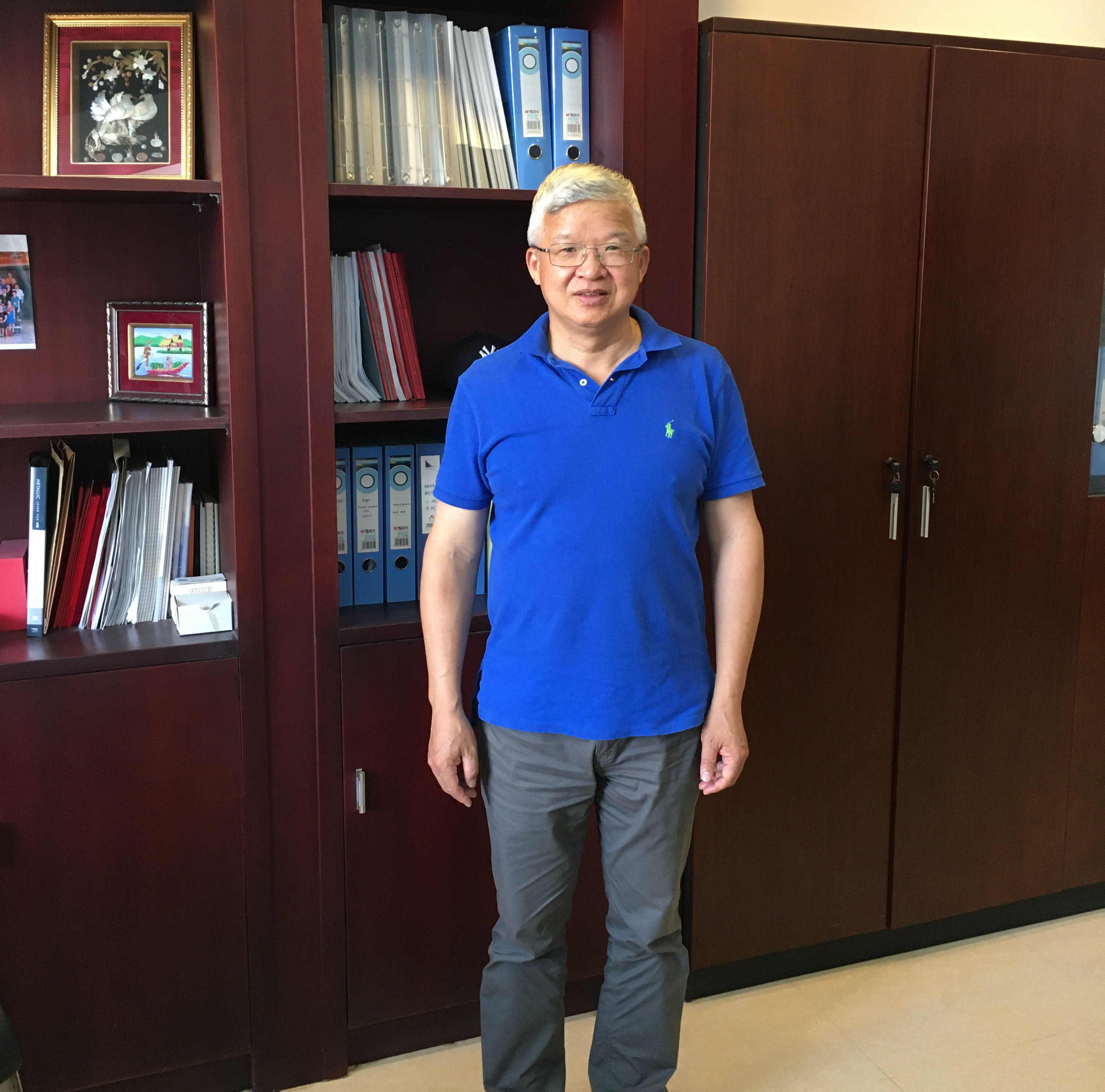
Prof. Sijun Zheng
Yunnan Academy of Agricultural Sciences, Alliance of Bioversity and CIAT, ChinaSpeech Title: The resistance mechanism of different ecotype bananas to Fusarium wilt of banana
Abstract: Fusarium wilt of banana (FWB) seriously threatens the banana industry's sustainable development. The most effective measure to prevent FWB is breeding for disease-resistance cultivars. Recent evidence indicates that FWB occurrence and development are not only regulated by host resistance genes, but are also significantly influenced by host associated microbiomes. However, the relationship between genotype-associated microbiomes and their host linked to FWB resistance has yet to be explored. Therefore, we used the amplification sequencing method to characterize the bacterial and fungal communities in three root-related compartments (peripheral, rhizosphere, and endosphere) of six banana genotypes with different levels of FWB resistance. We isolated bacteria and fungi linked to FWB-resistant genotype biomarkers to verify their disease-suppression effect. Sequence analysis showed that the banana host’s resistance to FWB significantly correlated with its associated bacterial and fungal communities. The resistant and susceptible genotypes recruited different types of microbiomes. Furthermore, we compared the infection processes in one susceptible cultivar‘Baxi’and another resistant cultivar‘Yunjiao No.1’ inoculated with pathogen tropical race 4 (TR4). The results showed that TR4 hyphae could rapidly penetrate the cortex into the root vascular bundle for colonization, and the colonization capacity in‘Baxi’ was significantly higher than that in‘Yunjiao No.1’. The accumulation of a large number of starch grains was observed in corms cells, and further analysis showed that the starch content in‘Yunjiao No. 1’was significantly higher than that in‘Baxi’. Besides, the total starch and tyloses contents and the control effect in the corms of ‘Yunjiao No.1’was higher than that in the ‘Baxi’. The results from the expression levels of key genes suggest that there were significant differences between cultivars in response to TR4 invasion and plant reactions with respect to starch accumulation, tyloses formation and the expression of plant resistance induction and starch synthesis related genes. We subsequently identified a key gene that encodes banana amine oxidase, designated as MuAo. This gene was cloned, and subsequently RT-qPCR analysis was performed. Finally, we discussed a novel interaction among biocontrol agent, banana, and TR4, with the outcomes of this research offering a better understanding of host genotype-biocontrol agent-pathogen interactions, and providing new insights into the exploration of resistance genes against FWB.
